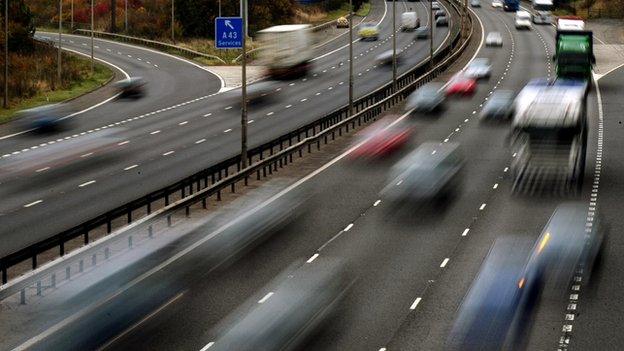2,500 caught drug-driving in three years in Wales
- Published
- comments
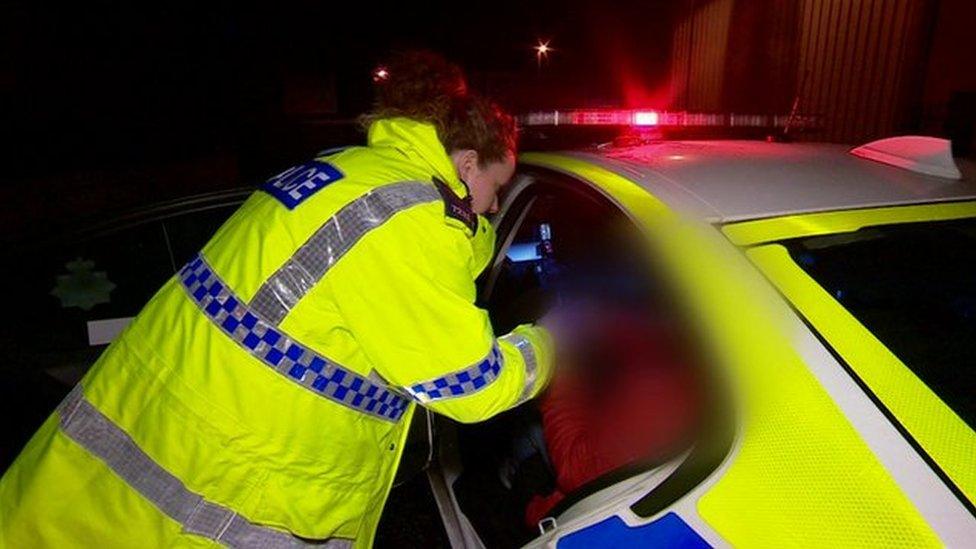
More than 2,500 motorists in Wales have been caught driving under the influence of drugs since new police powers were introduced three years ago.
The majority of drug-drivers were stopped by North Wales Police, with 1,029 people arrested, figures obtained by the BBC show.
They were asked to take a roadside test, which identifies drugs including cannabis and cocaine.
Gwent Police caught 662 drivers, South Wales Police 575 and Dyfed-Powys 262.
In total, about 20,000 motorists have been caught in England and Wales since the law changed in March 2015 to make drug-driving a specific offence.
South Wales Police said the force had seen an increase in the number of people caught drug-driving.
"The increase in the number of drivers detected and charged for driving under the influence of drugs is linked to improvements being made to better equip officers with resources to help keep the community safe," Ch Insp Daryl Fahey added.
Sgt Huw O'Connell shows how "drugalysers" work to catch drug drivers
Mike Melly, inspector of operations at Dyfed-Powys Police, said the force had adopted a "proactive, targeted and intelligence-led approach to drink and drug-driving".
Since the law change, police use "drugalysers" at the roadside, which they use to swipe saliva from the tongue of a motorist they suspect might have taken illegal substances.
However, these are currently only capable of testing for cannabis and cocaine.
Joshua Harris, director of campaigns at Brake, the road safety charity, said this needed to change.
"The government must prioritise the type-approval of roadside screening devices that can detect all banned drugs," he added.
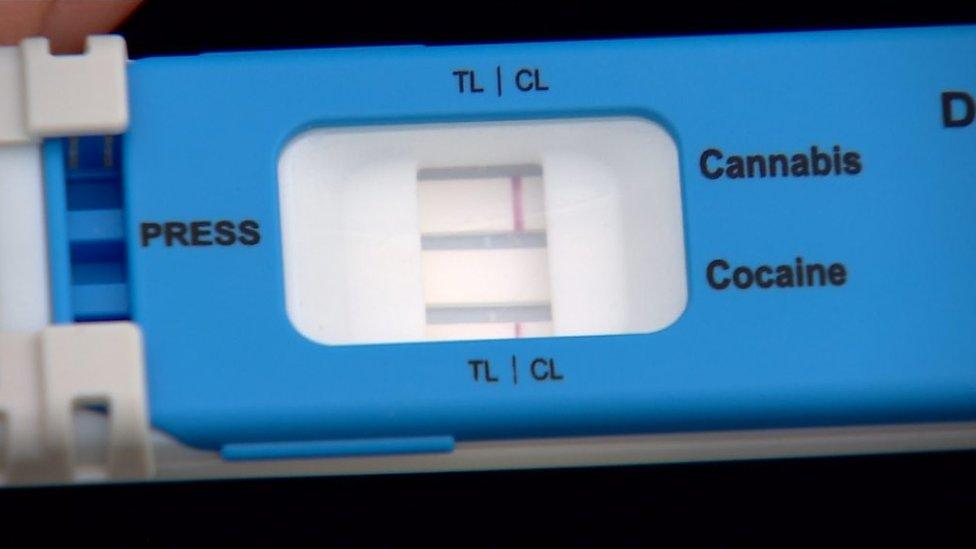
It takes eight minutes for the roadside test to give a result
A Department for Transport spokesman said: "Thanks to the tougher laws we have introduced, police are catching and convicting more dangerous drivers."
North Wales Police and Gwent Police have been asked to comment.
- Published18 January 2018
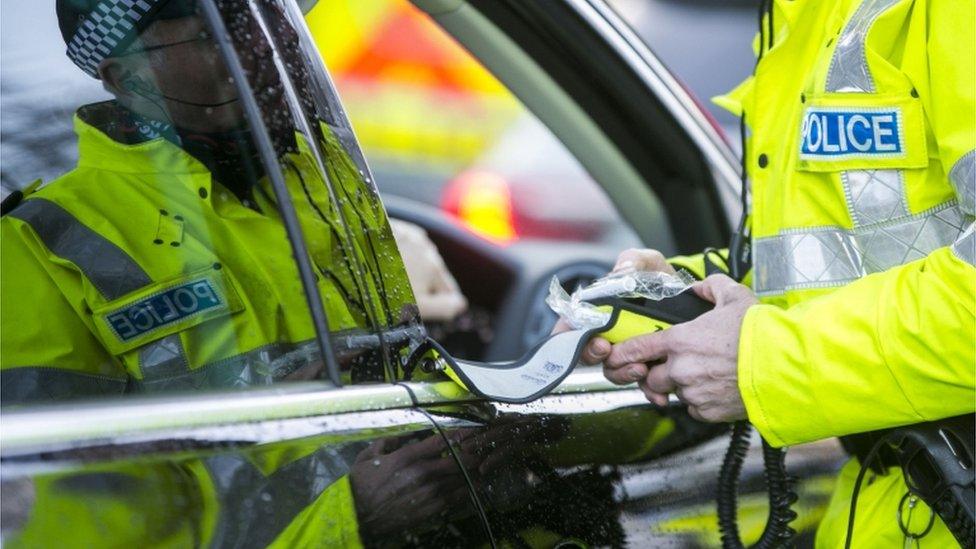
- Published21 November 2017
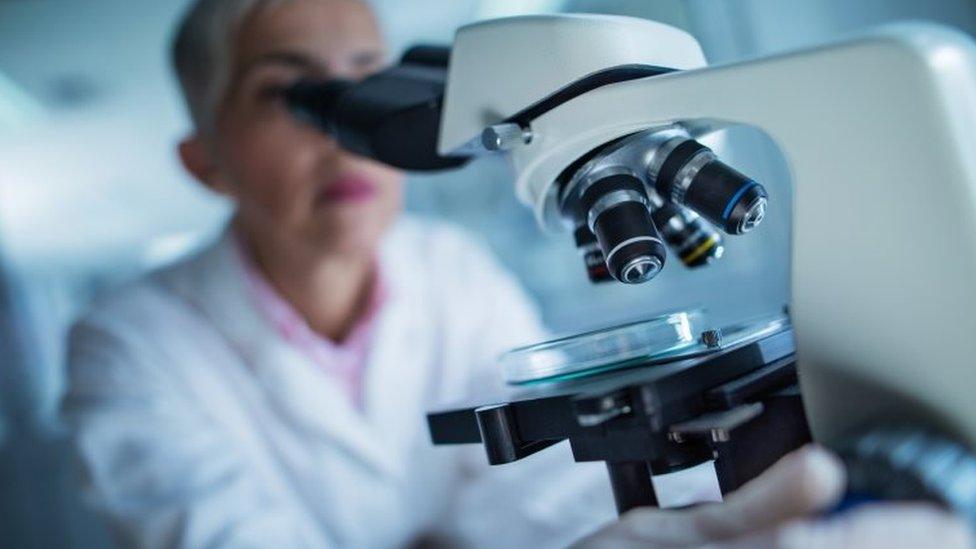
- Published27 July 2017
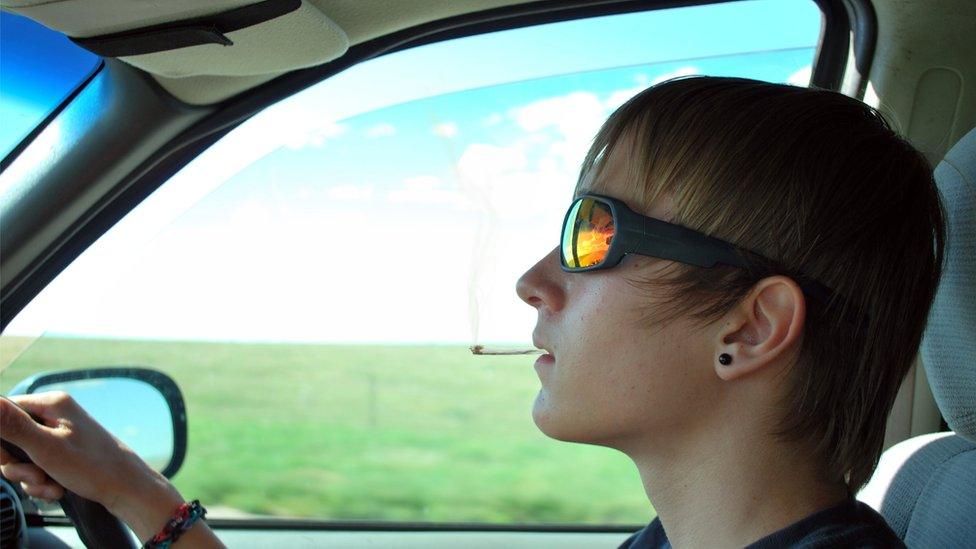
- Published24 February 2017
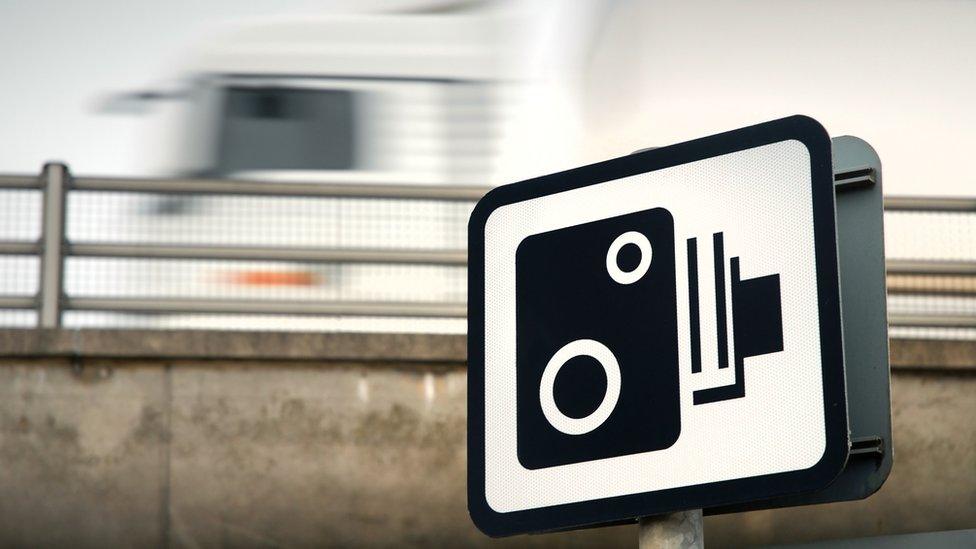
- Published1 June 2016

- Published1 June 2016

- Published2 March 2015
